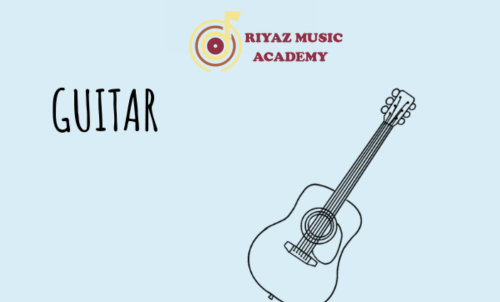Western Guitar Classes - LIVE
- One-on-one classes
- Learn at any age
- Lessons by professional musicians
- Structured & standardised syllabus
- Flexible timings
- Student showcase
- Specialised Training
Learn the basics of the guitar...
From posture and stance to fingering, picking & strumming your favourite songs with the most trusted experts
You are welcome to talk to a Riyaz expert before you start learning the guitar. Create a learning journey that works best for you!


